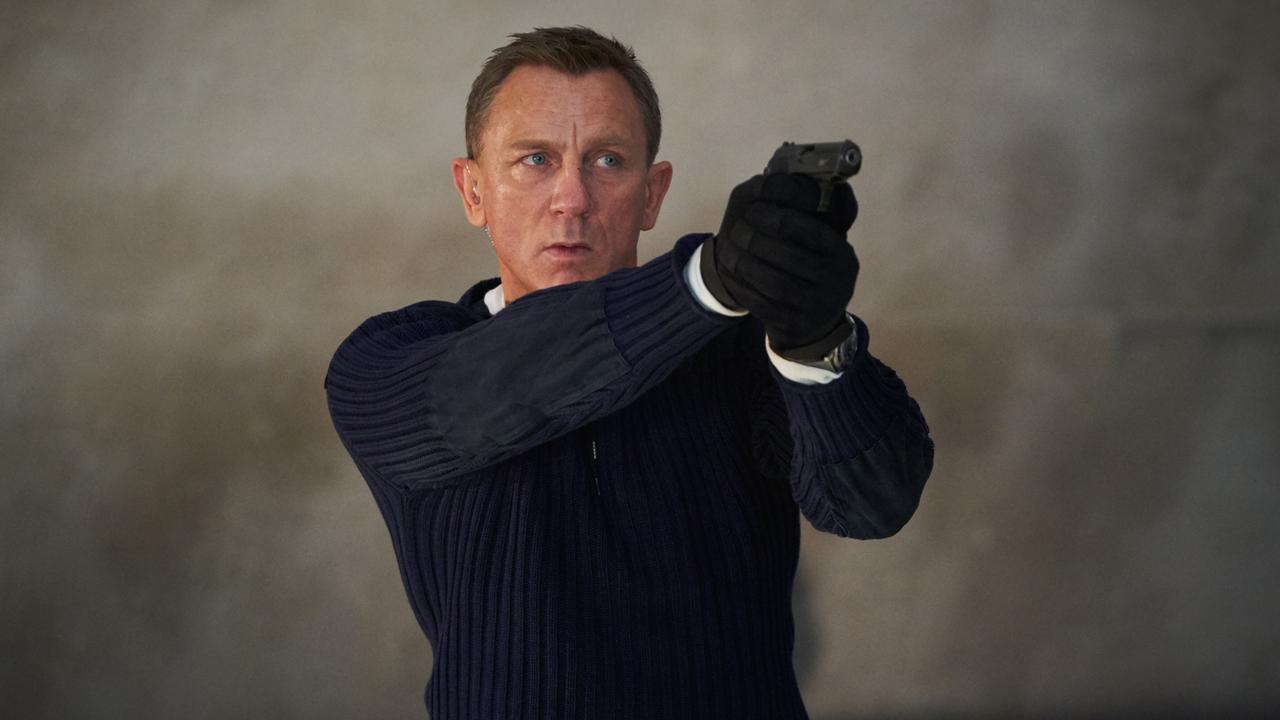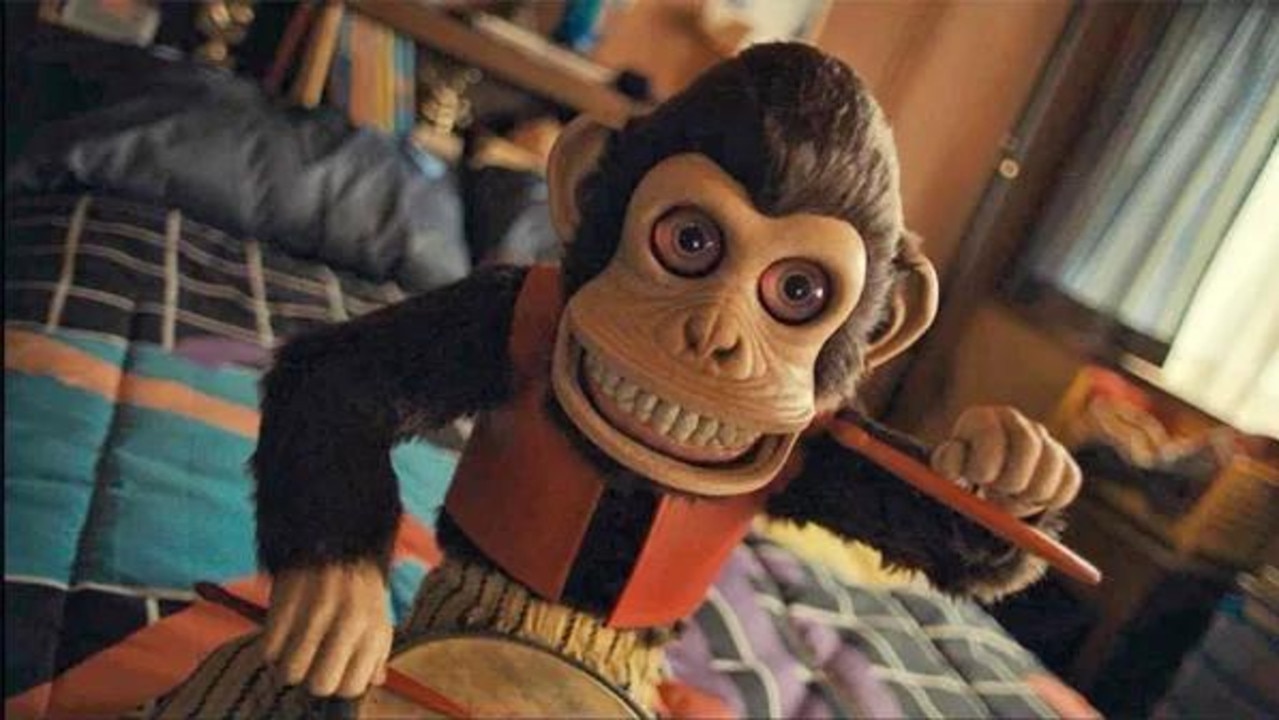Courtenay counts the cost of cultural capital
James Patterson earned $US70 million in the past financial year, making him the biggest earner in global publishing, according to Forbes magazine.
ACCORDING to Forbes magazine, American crime writer James Patterson pocketed $US70 million in the past financial year, making him the biggest earner in global publishing.
The former adman's last deal in 2009 reportedly paid $US100m for 11 new books by the end of 2012. How does he maintain such a punishing schedule? By having one of his large stable of co-writers produce the first draft, which Patterson then polishes for publication. Like any multinational franchise, brand trumps substance.
As it happens, another former adman, Bryce Courtenay, is Australia's most popular author. While I am tempted to write that his new novel is similarly constructed by committee, its cartoon characters, research-bloated plot and lackadaisical prose all indicate Courtenay's hand alone. The author's 21st book in two decades made this reader long for a competent ghostwriter or at least aggressive editorial intervention.
Yet to approach Courtenay's work as a literary critic would be as pointless as a food writer haranguing McDonald's about its menu: fat and sugar are the point; the food merely the delivery mechanism.
Aided by a small army of researchers, personal assistants, editors, brand managers and marketing directors, Courtenay does what he has always done: sell things, and exceptionally well. Fortune Cookie, which follows the exploits of a Chinese-Australian advertising man in 1960s Singapore, is amiable in tone, neither violent nor obscene, and intermittently entertaining.
And some of the proceeds from its sale go to charity. Faced with so blandly ingenious a construction it seems churlish to speak of literary merit.
It is not enough that Courtenay succeeds, however; others must fail. He has recently spoken out against literary fiction or what he calls "very ordinary books that have literary pretensions". Of Peter Carey's novels he said: "If I'm a popular writer then Peter Carey is an unpopular writer. If I'm a bestselling writer than he's a worst-selling writer." He concluded: "Unequivocally I could write his kind of stuff."
Well, up to a point, Lord Copper.
Courtenay's attack may charitably be described as muddled. To suggest, as he does, that sales are the primary indicator of a book's merit is akin to Ikea dissing Louis Quatorze chairs for being so pathetically rare. He confuses a utilitarian argument ("the greatest pleasure for the greatest number") with an aesthetic judgment about what will outlast the present. Where today, for instance, is Florence L. Barclay's The Rosary, a novel of such surpassing popularity in 1910 that it inspired five film adaptations and a play? Google bestseller lists of decades past and you will appreciate W. H. Auden's line: "Some books are undeservedly forgotten; none are undeservedly remembered."
What really lies behind the swing at literary fiction, and Carey in particular? Perhaps the adman has grown bitterly conscious of the law of diminishing returns after penning so many books so quickly. Or it may be he is keen to swap some accrued wealth for cultural capital. The likeliest reason for the calumnies directed at one of our true literary greats also may be the most obvious: as Fulton Sheen had it, jealousy is the tribute mediocrity pays to genius.
Geordie Williamson is The Australian's chief literary critic.



